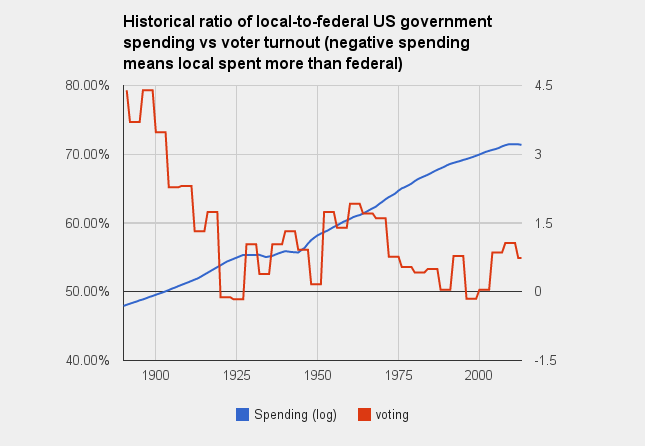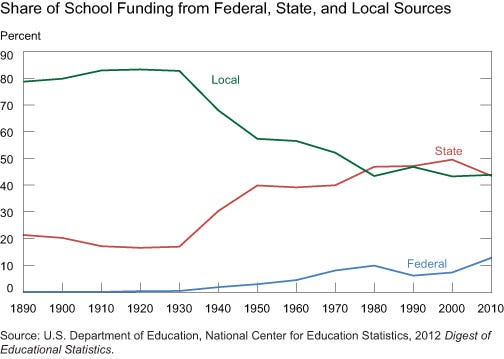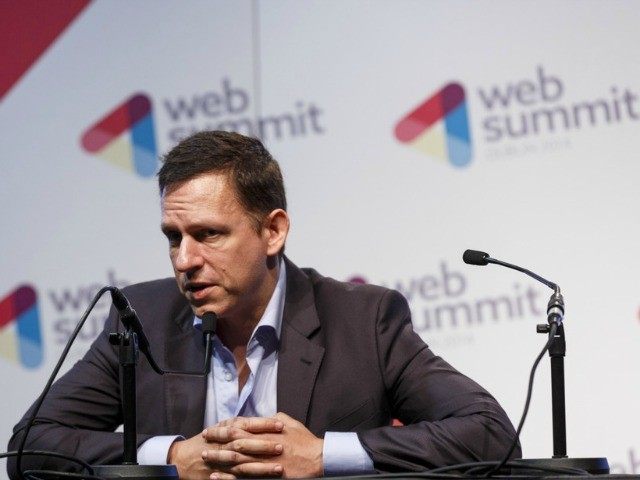
Paypal billionaire and Republican party unicorn Peter Thiel took the stage in Washington, D.C., to argue that America is not a democracy. “Calling our society a democracy is very misleading,” said Thiel at George Mason University. “We’re not a republic; we’re not a constitutional republic. We live in a state that’s dominated by these technocratic agencies.”
In Thiel’s view, the massive hodgepodge of federal agencies, unelected, judicial appointments, and miscellaneous public employees have stolen governing authority away from citizens and their representatives. In other words, a technocratic elite, or career bureaucrats and appointed experts, run the country.
That’s not entirely off the mark. In the 1880s, nearly every American voted in presidential elections and many were involved in everyday civic affairs. But as American historian Mark Lawrence Kornbluh explained in the wonderfully informative book Why America Stopped Voting, civic participation trailed off as federal agencies crowded out local representatives.
The nation got bigger, trade increased between states, and, to manage the chaos, the federal government stepped in. At the same time, the one-party (and often corrupt) local political machine that handled much of the governing was replaced by big agencies.
“The needs of the burgeoning republic were growing too technical for political hacks to handle them, and too diverse for grass-roots democracy to meet them all,” summarized historian Mark Summers.
So voting tanked, dropping from 80% turnout to 50% in only a few presidential cycles.
Around the same time, state and federal spending started to overtake local spending, as the growing ranks of technocrats took power, from the Treasury to education.

Source: New York Fed
So is America still a “democracy”? Depends on how you define the term. Technically speaking, there is only one democracy on earth: Switzerland, where nearly ever major law is put up for a direct vote and local communities control most government resources.
In practice, Thiel may have a point: experts do have more power day-to-day than citizens or their representatives. But, with 300,000,000 people and a trillion dollar budget, it’s hard to understand how it could be different.
*The Ferenstein Wire is a syndicated news service. For questions, email the editor at greg at greg ferenstein dot com.

COMMENTS
Please let us know if you're having issues with commenting.